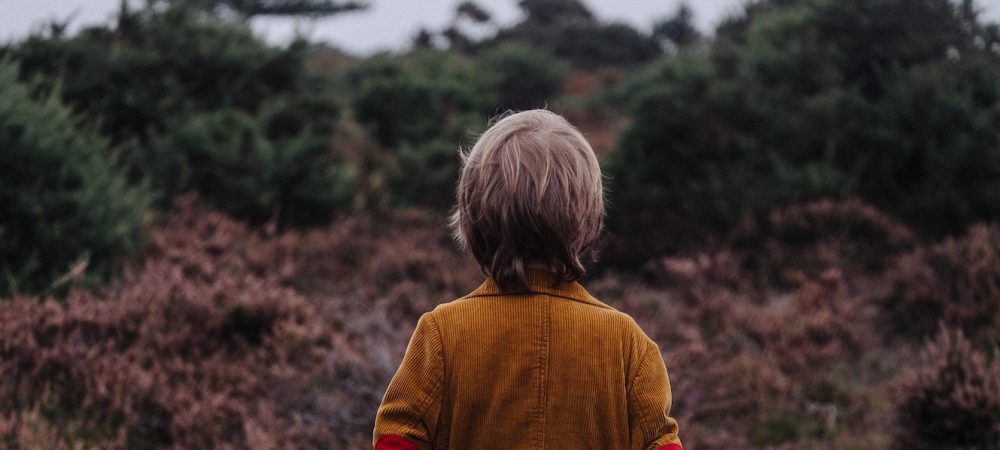
A bare trust, also known as a simple trust, is a tax efficient way to provide a nest egg for a minor.
What is a bare trust? When the ownership of an asset is held by one person-the legal owner-for the benefit of a different person-the beneficial owner. The legal owner is known as a trustee.
This type of structure is useful to allow the holding of assets-real property or money, for example-for the benefit of a minor child until the child reaches the age of majority-18.
Tax benefits
There are tax benefits in bare trusts, too.
Capital acquisitions tax is the tax payable by the recipient of a gift or legacy in a will. However, there is a small gift exemption of €3,000 per person per year and using this exemption on an annual basis does not affect the recipient’s group threshold which is determined by the relationship between the recipient of a gift or inheritance.
In 2019, for example, the group threshold for a child receiving a gift or inheritance from a parent is €320,000.
A bare trust allows a child receive a gift of €3,000 from each parent; over 18 years this amounts to a tax free gift of €108,000-that is, €6,000 X 18 years.
REAL PROPERTY
Real property, which is likely to increase in value over time, can be transferred into a trust when the value of the property is at a low point. CAT is payable when the asset is placed in the trust but this will almost certainly be at the lowest valuation vis a vis future growth and the value of the property when it is being transferred out of the trust to the child on reaching the age of 18.
The current thresholds for CAT are €320,000 (to a child from parent), €32,500 (to a parent, brother, sister, niece, nephew, grandparent, grandchild, lineal ancestor or a lineal descendant of the disponer), €16,250 (strangers).
You will note that a parent can gift up to €320,000 tax free to a child. Remember, however, that capital gains tax may arise on the transfer of the gift into the trust as a transfer of a house, for example, is considered to be a disposal from a capital gains tax perspective.
The donor/settlor needs to remember
- he will be unable to take the assets back once they are transferred into the trust and
- The recipient, when she reaches the age of 18, can call on the trustees to transfer the assets to her.
The settlor also needs to consider who will act as trustees; although one trustee is all that is required at least two trustees are recommended and one of them can be the settlor.
Contact Terry Gorry if you want to set up a trust for a minor child.